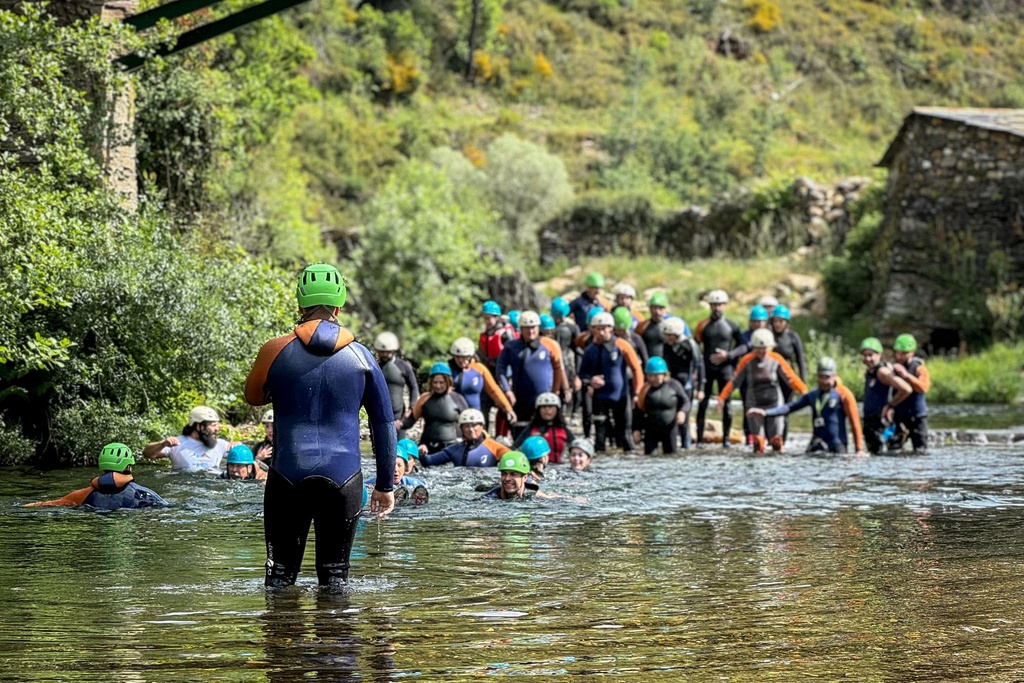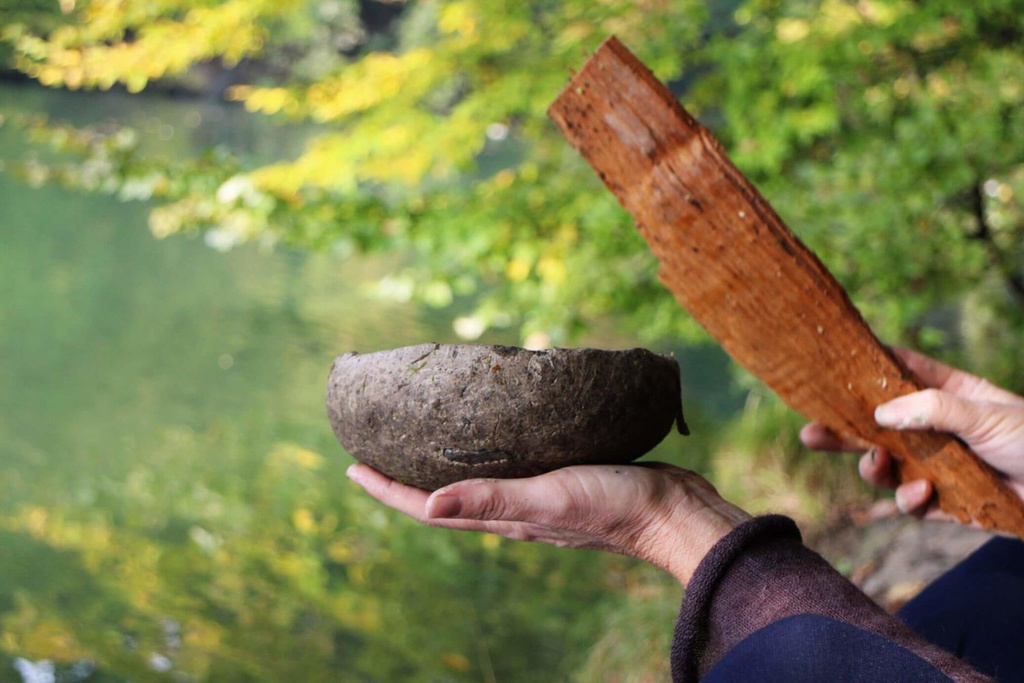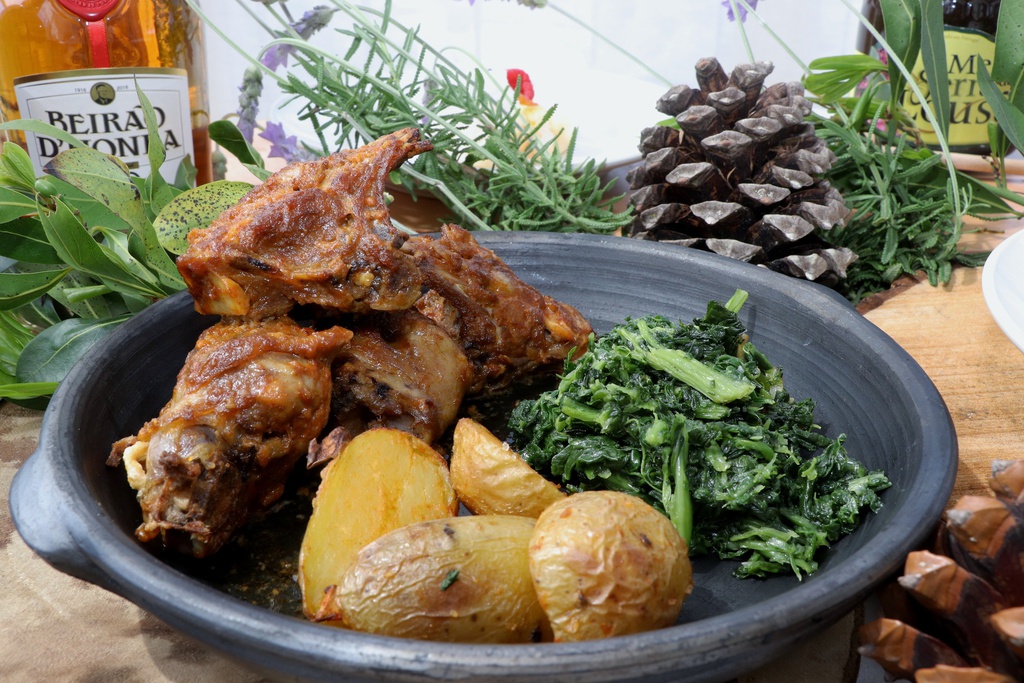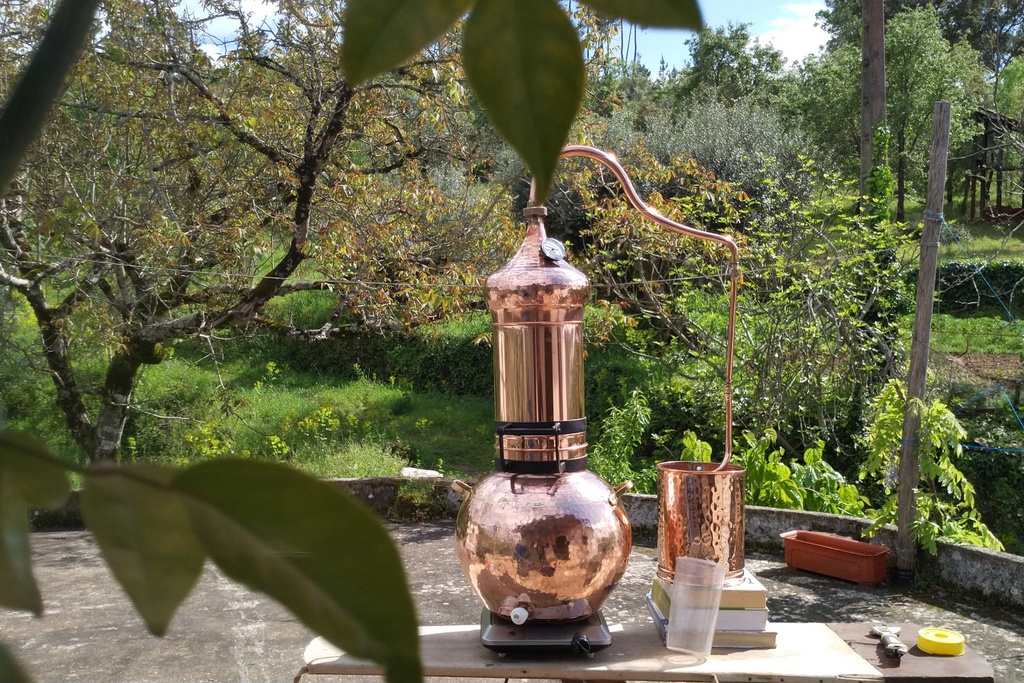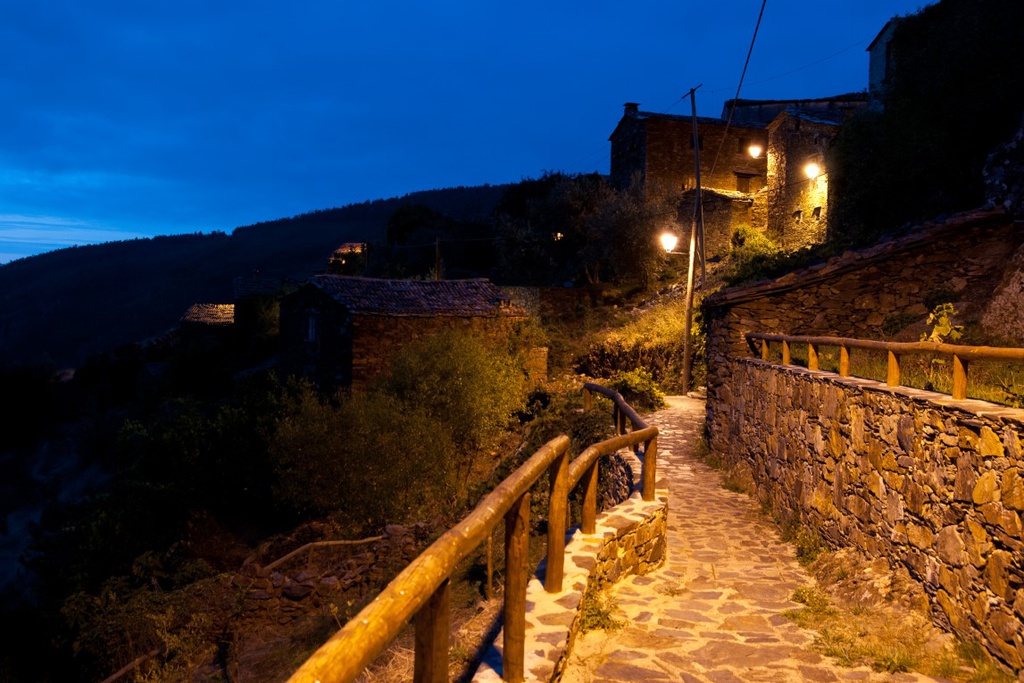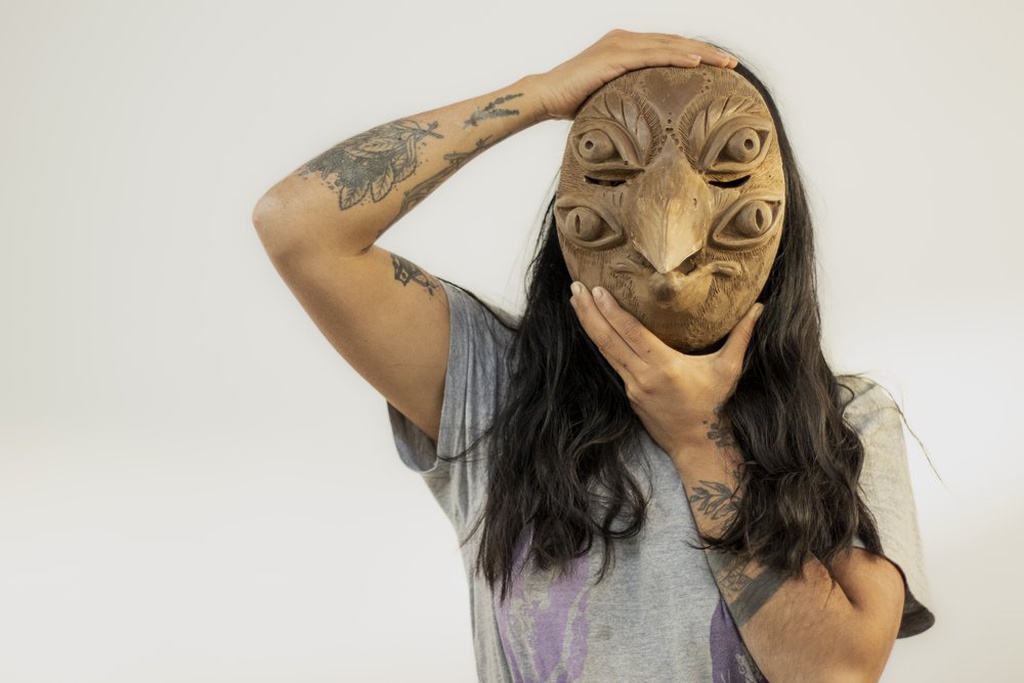Between 2023 and 2026, the Aldeias do Xisto will host artistic residencies and workshops, within the scope of the Creative Europe programme, reinforcing their role as a living laboratory and as a territory open to experimentation. The connection to nature and to communities, interrogating the landscape and the intersecting lines between art and rurality continue to be the vectors that guide the strategy of artistic hosting in the territory.
Under the global theme “Inhabit and move in mountain territories”, the candidature presented by the Entre Serras Project (PES), which joins partners from Portugal, Spain and France, interrogates the relationship between observing and experiencing the landscape. Moving erratically around the world is the most primitive way of exploring territory. With the Neolithic, the domestication of plants (agriculture) and animals (grazing) generated two distinct spaces that became mutually exclusive: the sedentary and the nomadic, the domestic and the wild. Since the 1970s, artists such as Richard Long, Hamish Fulton and Alberto Carneiro in Portugal have made walking and the discovery of the territory part of their art. In the continuity of a triple understanding of the act of crossing the landscape (action), of the line that crosses the space (object), and of the report of the traversed space (experience, narrative structure), walking has been explored as an aesthetic form, a way of feeling, since the last century (Henry David Thoreau). At the same time, mechanisation and digitalisation have weakened the separation between rural and urban.
In this context, the PES proposal is based on artistic experimentation in situ where theory, history and responsive practice converge. At the crossroads between social, economic, political, ecological and cultural life, the experience of environment and place is seen in its interaction, mental and physical, as ecological art. The project questions the necessary rehabilitation of the responsive world and the disastrous separation between Nature and Culture that we have witnessed during the last centuries. How do those who live or travel in it see the territory? The mobility of human and non-human agents, artists and actors, as well as institutional dynamics, are part of the project that can be seen as an enquiry into the territory, as it interrogates the complexity of the landscape in its synergy with ecological realities.
The project includes walks that will gather together artists and scientists, local residents and outsiders. It will also feature artists residencies, the design of an archive and visualisation facility, debates and exhibitions. It will be based on networking, research and effective co-creation between entities. Having as leading entity the Museu da Paisagem/Instituto Politécnico de Lisboa, in Portugal, besides the Aldeias do Xisto, the Municipality of Castelo Branco/Fábrica da Criatividade and Geopark Estrela are also partners. The French partners are the municipality of Digne-les-Bains in the Alpes de Haute Provence (AMBULO: CAIRN - Centro de Arte Informal de Pesquisa sobre Natureza + Maison Alexandra David-Neel + Musée Gassendi) and the École Supérieure d'Art d'Aix-en-Provence. The Spanish partners are the Museo Vostell Malpartida and the Municipality of Malpartida de Cáceres (Centre for Livestock Pathways).
PES and Aldeias do Xisto
This is not the first time that Aldeias do Xisto have worked with PES. The seminar, “O Território é a Escala” (Territory is the Scale), the photography workshop “Vendo para Crer, Revendo para Criar” (“Seeing is Believing, Re-seeing is Creating”), guided by Rodrigo Braga, a Brazilian photographer, in partnership with visual artist and PES coordinator Carlos Casteleira, Pirilampos, a project by Erik Samakh, and the residency “Laboratório da paisagem”, represented at DASIN (Denison Art Space in Newark - Ohio, USA), by Rodrigo Braga and Laëtitia Morais, held at Cabeço do Pião in 2019, are some of the projects to have been developed so far.
Creative Europe
Creative Europe is the European Union's programme in support of the cultural and creative sectors and has two objectives: to safeguard, develop and promote Europe's heritage and cultural and linguistic diversity; and to increase the competitiveness and economic potential of the cultural and creative sectors.
Until 2027, the programme will invest in actions and initiatives to strengthen cultural diversity and address the needs and challenges of the cultural and creative sectors, aiming to contribute to their recovery while at the same time stepping up their efforts to become greener, more digital, resilient and inclusive.




